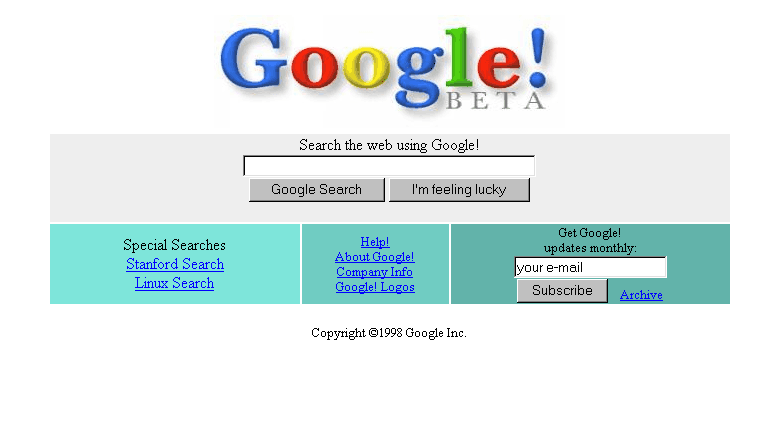
Ah, SEO. The thorn in any marketers side and an ongoing battle with the tyrant named Google. 2013 saw several significant changes to Google search, from Pandas to Penguins to their very first Hummingbird. Whilst there’s been a lot of buzz about what these changes might possibly mean for your brand’s ranking, there’s been less of a focus on what they DON’T mean: in short, which SEO ‘foundations’ turned out to be complete and utter codswallop.
1. Quantity over Quality
Search engines are no longer just interested in the number of links you get. The introduction of Hummingbird in Autumn last year saw yet another huge shift in Google to rewarding high quality content with better rankings. If you are linked back to by lots of low-level websites, Google will assume that your site is also low value. Vice versa, higher quality links will make your site appear more trustworthy.
In other words; 10 links from good quality websites trumps 100 links from poor ones.
In fact, Moz’s Rand Fishkin believes that co-citation will become more important, which doesn’t even involve a physical link. If Google detects a brand name being mentioned alongside a keyword several times, it will benefit the brand’s rankings when searching for that keyword, even if it’s not being mentioned on the homepage.
2. Two’s a Crowd
Contrary to a particularly popular myth, there is no penalty for duplicate content. That’s not to say that reproducing the same content over a different guise will get you noticed – rather, it will just be ignored. In cases of plagiarism, Google will try to deduct who was the original author, often – but not always – favoring the first to publish.
3. It’s all about the Rankings…
This is perhaps the most difficult to believe as it is the most commonly wide-held. Both customers and SEO-ers have been preoccupied with rankings and getting to that elusive number one spot for keyword, and more general, searches. Given the popularity and advanced nature of Google search now, it may be more useful to take in the average rankings. When showing search results, Google now takes into account the users search history, their location, their Google+ contacts etc – variables that are totally out of your control. In reality, websites can be optimised to “oscillate” around certain positions but will be subject to fluctuations depending on the searcher. Whilst you can secure yourself a credible standing, your position will always be subject to oscillate around certain positions depending on the searcher. A more appropriate indication of your SEO efforts could be traffic and conversion rates.
4. Keywords are Key
Having certain words appearing over and over on your homepage is, alas, no longer going to influence those search engines. Using a keyword as many times as possible is known as ‘keyword stuffing’ and is something a search engine will actually punish your website for. The term ‘content is king’ is pretty overused in SEO nowadays, but nevertheless it remains as true as ever. Focus on creating brilliant content that will interest people who visit your website and include your desired keywords in the content. You will see your ranking rise from there.
5. Meta Tags Boost Rankings
This one hasn’t been true for some time. Search engines caught on to spammers trying to utilise meta tags years ago, and they have been null in search algorithms ever since. That said, people continue to post about and believe their power in SEO. Whilst clean, relevant meta tags and descriptions will help maintain a professional looking site, it will not benefit your rankings. It will, however, probably aid your click-through rate, particularly for existing rankings.
Madeleine Hammond is a marketing executive at *Skeleton Productions – one of the UK’s leading video production companies. *